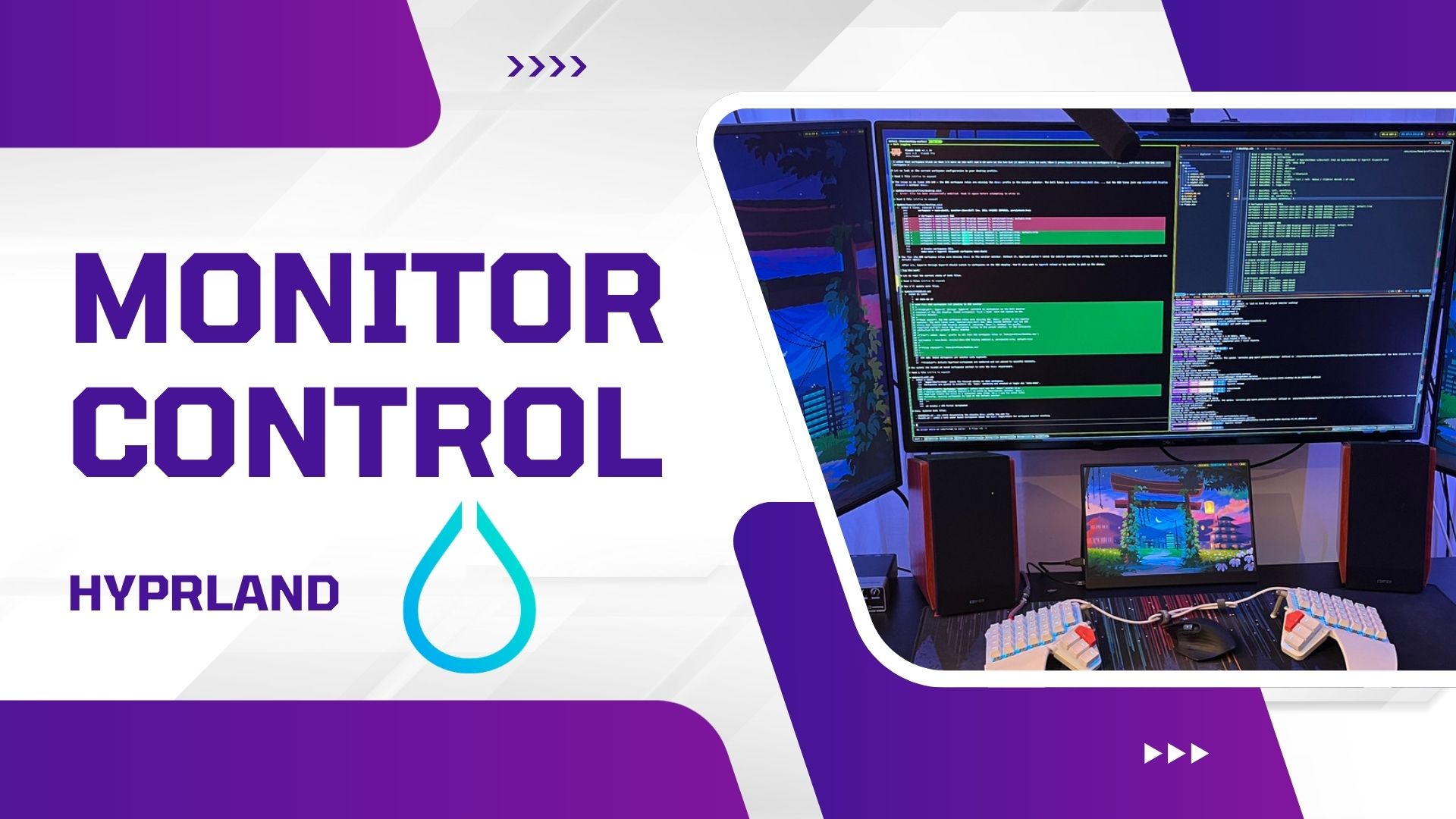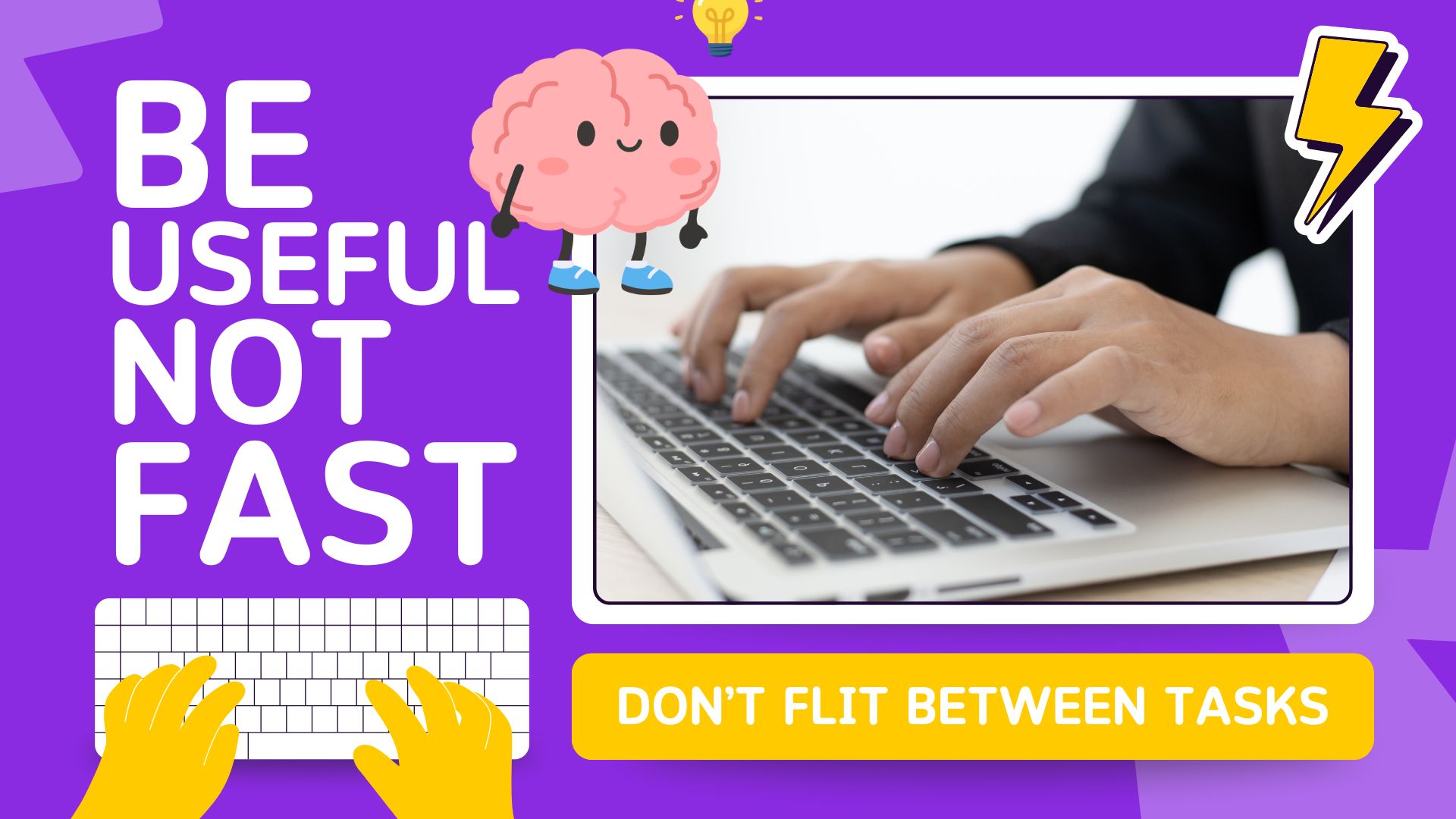Welcome, Player 1!
RECENT POSTS
Feb 23, 2026
How to Configure Monitors on Hyprland

Configuring monitors on hyprland means a bunch of math, or you can lean on a tool like nwg-displays to help you. Let's take a quick walk through how it works.
READFeb 23, 2026
Boundless Possibilities Breed Inaction
When you can do anything, nothing is important.
READFeb 21, 2026
Presence Over Throughput

While we should endeavour to be productive, speed is a trap that can leave you feeling indispensable. You're probably not, you just get shoveled more tasks faster.
READFeb 14, 2026
The Conditional Language of Choice
Many talk a big game about choice, but do they really mean you're free to make choices they agree with or almost any choice that doesn't harm another?
READFeb 14, 2026
Mapping org-agenda-open-link
Reducing the key strokes needed to open links in OrgMode.
READFeb 14, 2026
Device Hoarding and the Obligation to Consume

Big Tech thinks we have an obligation to consume the shit they produce. We don't have to keep the money flowing around the economy, but there are some real world costs to device hoarding.
READFeb 13, 2026
Put down your phone, get outside, touch some grass
Peace can be found when no one can get in touch with you.
READ